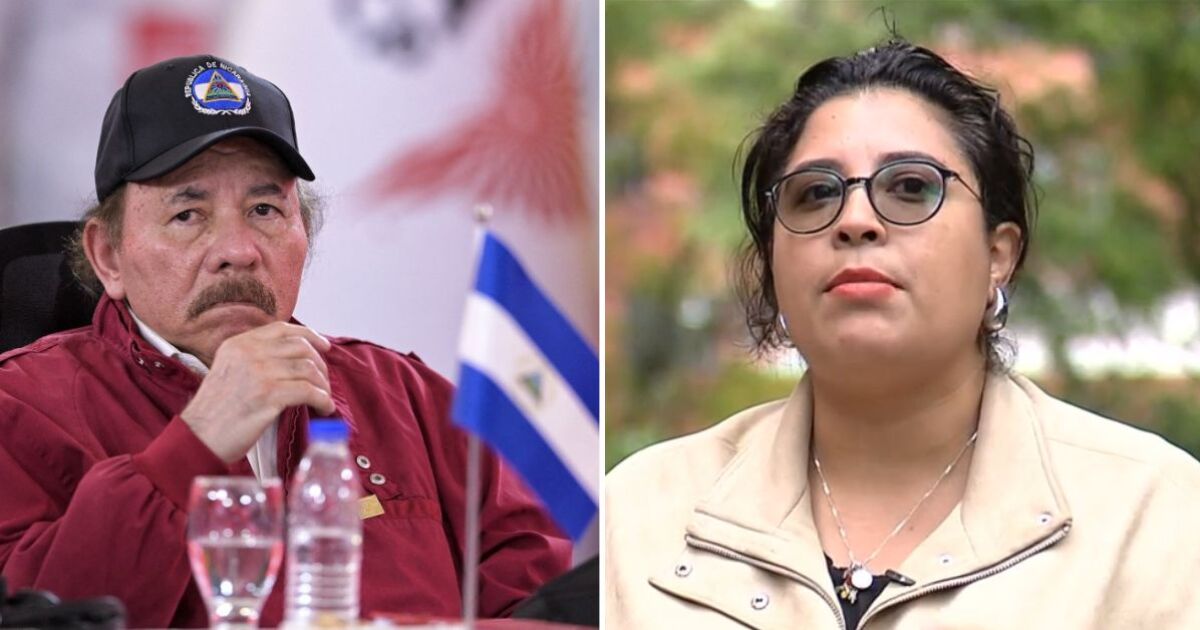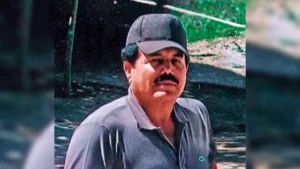
Daniel Ortega He came to power in Nicaragua in 2007 and since then his opponents have felt political persecution that has crossed borders. Some exiles say that the greatest penalty for them has been the loss of their nationality.
>>> Donald Trump’s former lawyer acknowledges that he lied in the Stormy Daniels case: he unmasked it
Being born in a city, walking its streets, knowing its people, enjoying its culture since childhood, makes you a member, participate and patriot. For Edipcia, that is the meaning of being Nicaraguan, but that right was taken away from her for thinking differently in Daniel Ortega’s regime.
“It hurts me not to wake up in my house, it hurts me not to have everything I had worked for. I mean, I finished university at 23 years old, I immediately started working, I mean, I have been working in Nicaragua for almost 20 years and everything I have accumulated in terms of social security, In terms of experience, they simply want to erase it from me and what I’m doing is defending, saying ‘no, you’re not going to erase it because you don’t have the right to that,'” says Edipcia Dubón, former deputy.
But not only Edipcia was denationalized, another 94 Nicaraguans suffered the consequences of this regime. Enrique, a former deputy, also feels that Ortega put a tombstone on him, what he calls: civil death.
“They took away my house, any bank accounts you might have. In my case, as a person who was already retired, they annulled my retirement pension, but they also declared us fugitives from justice as if we were criminals, so that Interpol would not leave us alone wherever we were or wherever we went,” Enrique relates.
>>> Volcano eruption in Indonesia leaves impressive images of ash column
For them, denationalization was not the only measure taken by Ortega against his opponents, it all started with exile.
“The only thing that makes sense is to return to my house, it is to return to what is mine, it is to recover what is mine and for the people who do not have it at this moment to recover it, because this is a great injustice.”. “The only thing we have done is think differently,” says Edipcia Dubón.
According to the UNHCR, between 2018 and June 2023 more than 930 thousand people have left Nicaragua. Of those 874 thousand have requested asylum and 60 thousand have refugee status, but they have the same story, they are adrift in a country that is not theirs.
Source: https://www.noticiascaracol.com/mundo/opositores-de-daniel-ortega-exiliados-de-nicaragua-narran-lo-dificil-que-es-perderlo-todo-rg10


